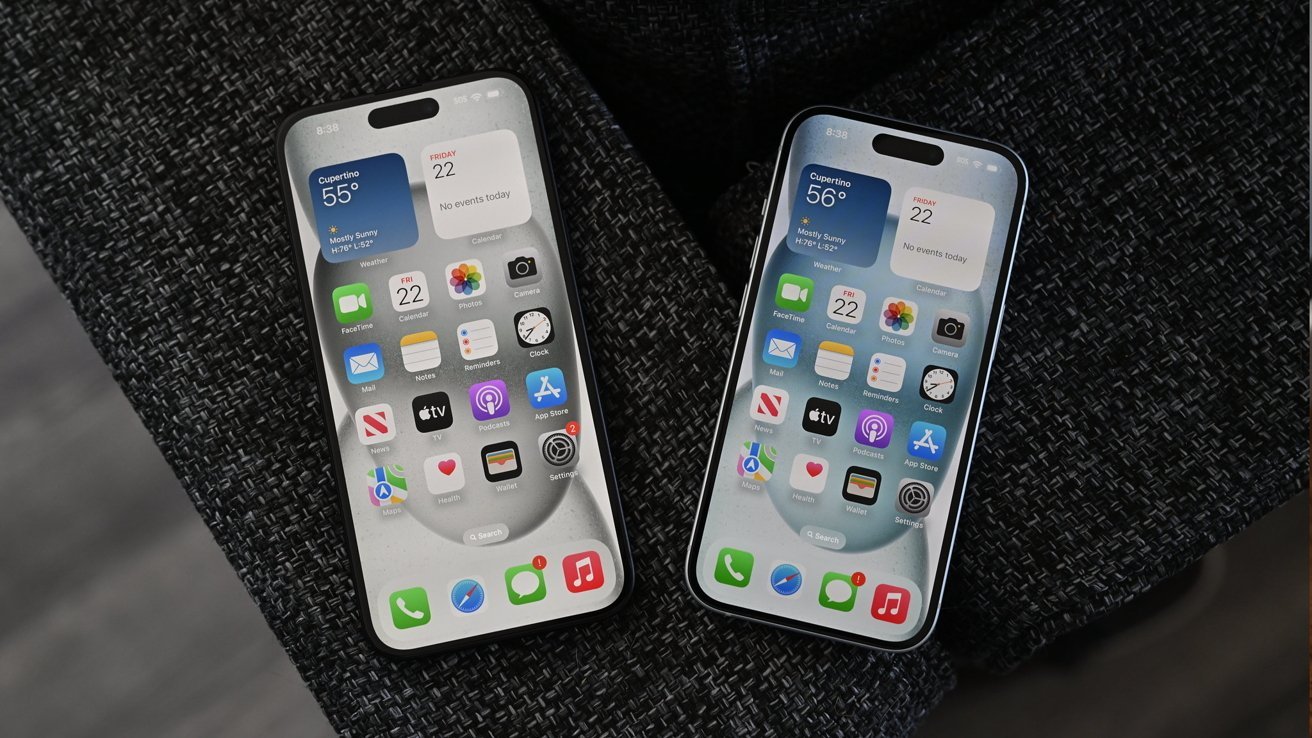The court concluded that each day’s profit from the infringing use represents an individual instance of unjust enrichment, with each subject to its own 10-year limitation period. (Image created by AI/ChatGPT) SEOUL, April 7 (Korea Bizwire) — South Korea’s Supreme Court has ruled that when a company uses copyrighted music without permission in an online game, each day of unauthorized use constitutes a separate financial gain — and thus a separate legal violation subject to its own statute of limitations. The landmark decision was announced Sunday after the court partially overturned a lower ruling in a lawsuit filed by U.
S.-based Chesky Productions against South Korean game publisher HanbitSoft. The case has now been sent back to the Seoul Southern District Court for reconsideration.

According to court documents, HanbitSoft contracted an external developer in 2006 to create a game, during which the developer used Chesky’s music without obtaining a license. The game launched in December 2008, and the disputed track remained in the game until it was removed in May 2016 following a complaint from Chesky. Chesky filed suit in June 2021, seeking 40 million won (approximately $30,000 USD) in restitution for what it claimed were unlawful profits from copyright infringement.
Lower courts acknowledged HanbitSoft’s unauthorized use of the music and ordered the company to pay 25 million won. However, the courts calculated the statute of limitations based on the final date the music was used—May 2016—applying a single 10-year civil limitation period. The Supreme Court rejected that interpretation, stating that “each day the game was sold or played with the unauthorized track generated a new economic benefit for HanbitSoft, and a corresponding loss for Chesky.
” The Supreme Court (Image courtesy of Yonhap) As a result, the court concluded that each day’s profit from the infringing use represents an individual instance of unjust enrichment, with each subject to its own 10-year limitation period. “The lower court ruling must be reversed in part, as it fails to distinguish the portions of the unjust enrichment claim that may have already expired under the statute of limitations,” the court said. However, because the lower court did not specify which portions of the gains had exceeded the 10-year limit, the Supreme Court annulled the entire ruling against HanbitSoft and returned the case for recalculation.
Legal experts say the decision could set a precedent for how long-term intellectual property violations are treated in South Korea, especially in industries such as gaming and streaming, where copyrighted content can remain in use for extended periods. The case is expected to draw further attention as it proceeds through the lower courts in 2025, potentially influencing similar claims involving digital content and licensing disputes through 2026 and beyond. M.
H. Lee ([email protected]).
Technology

Top Court Rules Daily Profits from Unauthorized Music Use in Games Constitute Separate Legal Violations

SEOUL, April 7 (Korea Bizwire) — South Korea’s Supreme Court has ruled that when a company uses copyrighted music without permission in an online game, each day of unauthorized use constitutes a separate financial gain — and thus a separate legal violation subject to its own statute of limitations. The landmark decision was announced Sunday after [...]The post Top Court Rules Daily Profits from Unauthorized Music Use in Games Constitute Separate Legal Violations appeared first on Be Korea-savvy.















